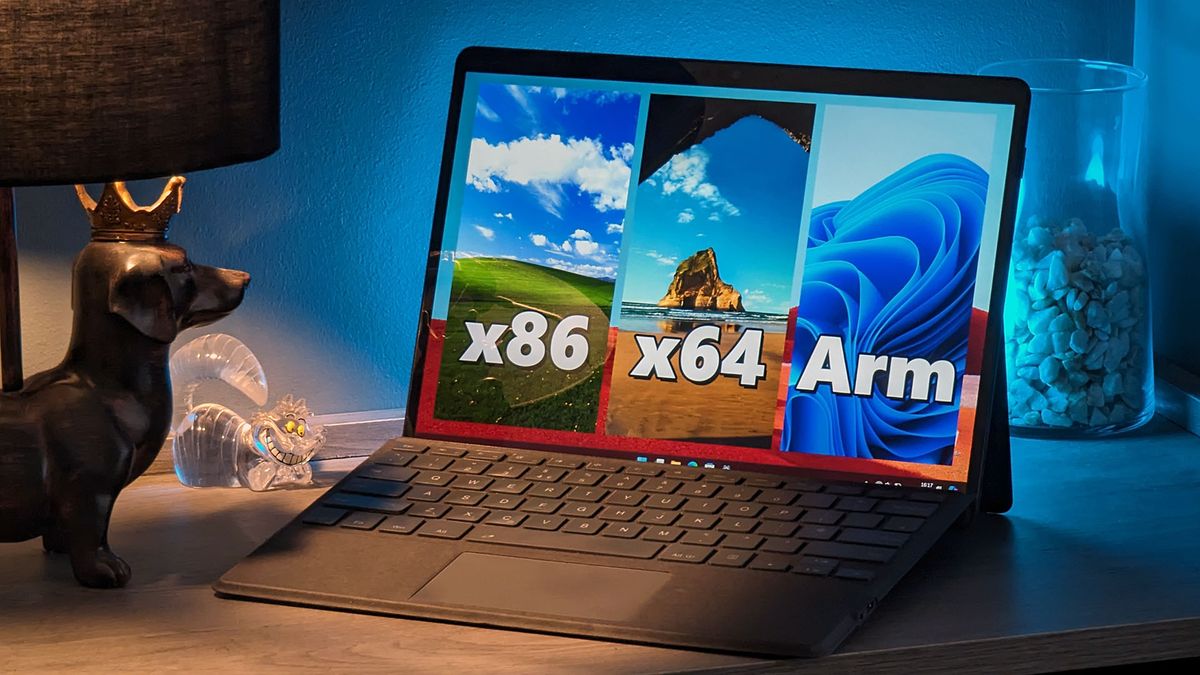Microsoft FINALLY releases Windows 11 ISOs for Arm64-based PCs — but there's a catch
Windows 11 ISOs for PCs with an Arm64 processor are now officially available, but older Snapdragon laptops will need to jump through additional hoops to get them working.

What you need to know
- Microsoft has finally released official Windows 11 ISO media for PCs with an Arm64 processor.
- The ISOs are designed for use with virtual machines, but Microsoft says they can also be used to clean install Windows 11 directly on Arm64 hardware.
- The ISOs will boot without any extra work on Snapdragon X PCs, but older Snapdragon SoCs will require drivers to be integrated before ISO can be booted.
The time has finally come! After dragging its feet for years, Microsoft has finally released the first official Windows 11 ISOs for PCs with an Arm64 processor. This means users can now clean install Windows 11 using official offline media on an Arm64-based PC, including the latest Snapdragon X Copilot+ PCs.
The ISOs contain version 24H2 can be downloaded from the official Microsoft website, and are around 5GB in size depending on the language you select. According to the company, the ISOs are primarily designed for running Windows 11 in a virtual machine on Arm64 PCs. However, it also mentions that you can use them to clean install Windows 11 directly onto Arm64 hardware too.
Unfortunately, depending on the Arm64 PC you have, you may need to do some additional work to get the ISO bootable. Microsoft says the ISO should boot fine on PCs with the latest Snapdragon X chips. Anything older, like the Snapdragon 8cx Gen3-based Microsoft SQ3 found in the Surface Pro 9 will require drivers to be integrated into the ISO image first before it can be booted.
That requires additional work that isn't typically needed when using an Intel or AMD machine and, indeed, the latest Snapdragon X laptops. So, if you have an older Windows on Arm PC, keep that in mind if you're planning to use these new ISOs to wipe clean your device.
Integrating drivers into an ISO image isn't too difficult, but it does require a bit of research first if you've never done it before. You will need to source your hardware's drivers from the OEM first, then learn how to extract the install.wim and boot.wim images from the ISO, integrate the drivers using DISM, then repackage the .wim files before rebuilding the ISO. It's a relatively lengthy process which you can learn more about here.
2024 has been an important year for Windows on Arm. It's the year Microsoft finally began treating the platform like a first-class citizen, offering the same performance and efficiency and rivals, as well as being more widely available in hardware across the entire Windows PC ecosystem. Microsoft now even lets you download official Arm64 media, something it never did before today.
Get the Windows Central Newsletter
All the latest news, reviews, and guides for Windows and Xbox diehards.
